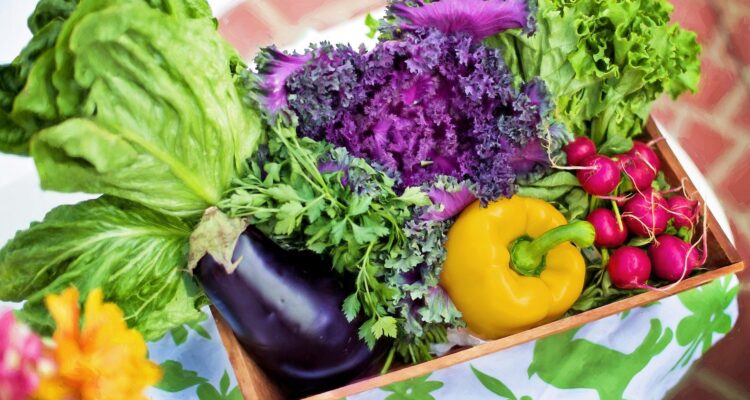As you approach later life, it becomes more important to eat a varied, balanced diet. This is because the types of nutrition that you consume can have a direct effect upon your overall health and wellbeing. There are a variety of foods that are rich in nutrients that can keep you healthy, and it is important to know exactly what they are if you are serious about your health. The crucial part is having an awareness of which specific foods work for you. If you are interested in learning more, then take a look at the following guide, which outlines the best types of food to keep you fit and healthy in later life.
Fruit and Vegetables
One of the most important building blocks of a healthy diet is fruit and vegetables. They can help to protect against a lot of diseases, spanning from cancer to heart disease. Additionally, they can give you a variety of vitamins and a lot of low-fat fibre. It is recommended by many national governments to make sure that you intake at least five portions of different fruits and vegetables each day. This is true whether you are living at home or if you are living in a senior living Buffalo Grove facility.
Carbohydrates
To make sure that you have a diet which is rich in fibre and starch, which can help you with bowel movements and making sure that you are properly fed, it is essential to make sure that you are eating plenty of fibre-rich, minimally processed carbs. The most beneficial ones include:
- Wholegrain rice
- Wholegrain bread
- Wholegrain pasta
- Potatoes
- Whole oats
This is a type of food that can be easily consumed at breakfast. Make sure that your breakfast is filled with wholegrain cereals in order to maximize your carbohydrate intake. To help the fibre move through your body properly, make sure you also drink several glasses of water a day.
Fish
Eating fish has all kinds of benefits for your health. Low in fat and high in proteins, fish contains important properties such as omega-3 fatty acids, vitamins D and B2, calcium, phosphorus, iron, magnesium, and potassium. You should be aiming for around two portions of fish a week, or a quality daily fish oil supplement or vegan friendly alternative such as one based on micro algae. If you live by the sea, you may be able to pick up fresh fish at a local market. Alternatively, you should also be able to find lots of tasty frozen fish in your local supermarket.
Dairy Products/Dairy Alternatives
If you are looking for sources of calcium as well as vitamins A and D, it is important to make sure that you are eating a whole host of different dairy products or dairy alternatives fortified with calcium and vitamin D. The most obvious source is milk, but it can also be found in cheeses and sauces. If you are a vegan or happen to suffer from a lactose intolerance, you can find a whole variety of alternative calcium sources in almond or soy milk.

